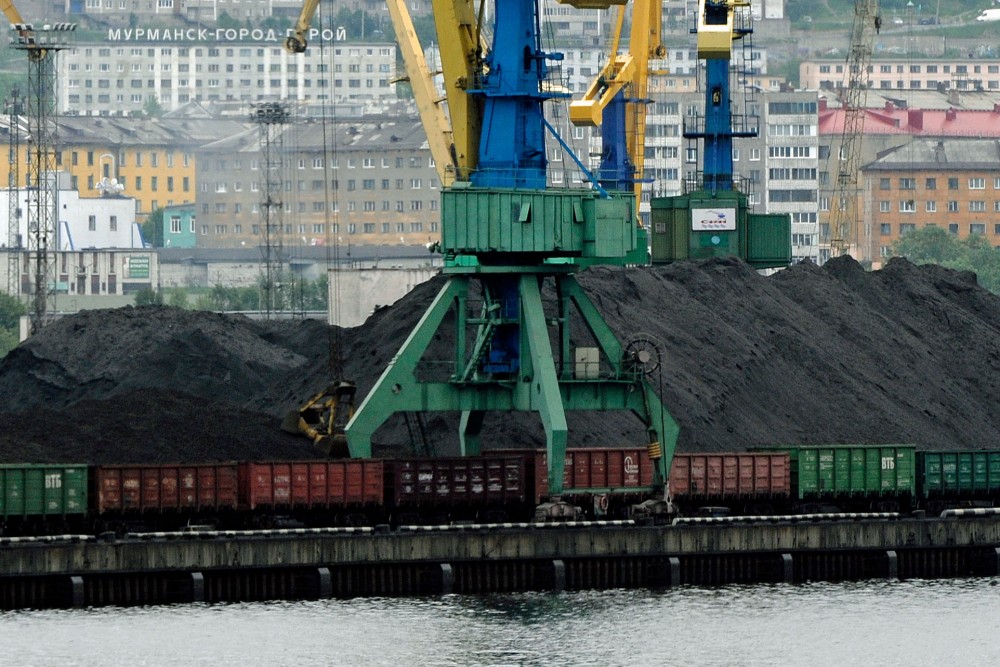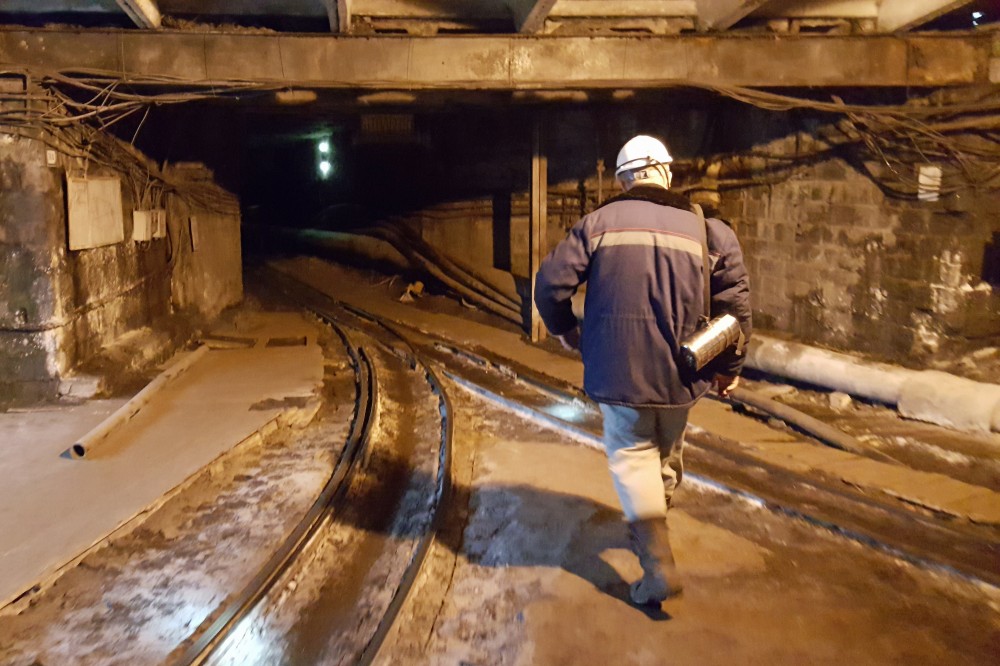A European ban on Russian coal will hit hard in Murmansk and Barentsburg
Murmansk is a key port for shipping coal, while Barentsburg gives Russia a foothold on Svalbard.

As the European Union prepares more sanctions on Russia in response to the brutal killings in Bucha, the suburb northwest of Kyiv, Russian coal — which has key ties to the Arctic — could be a target.
Russia is “waging a cruel and ruthless war, not only against Ukraine’s brave troops, but also against its civilian population,” said President of the European Commission, Ursula von der Leyen, said in a statement on Tuesday, calling for a fifth package of sanctions.
“We will make them broader and sharper, so that they cut even deeper in the Russian economy,” she said.
One of the suggested pillars in the new sanctions imposes an import ban on coal from Russia, worth €4 billion annually.
“This will cut another important revenue source for Russia,” von der Leyen said.
Russia’s main export harbor for coal to Europe is Murmansk on the coast of the Barents Sea. Coal mining takes place in the Murmansk region, but coal from the Kuzbass region in Siberia is also sent by rail north and loaded to ships that sail around the coast of Norway to ports in the European Union and the United Kingdom.
Although no longer member of the Union, the U.K. has its own set of sanctions, mostly in line with Brussels’ decisions.
Coal export out of Murmansk has increased in recent years. In 2010, about 9.5 million tons of coal were trans-shipped from the port, an amount that increased to 16.2 million tons in 2019. Export has fallen during the pandemic years of 2020 and 2021.
As previously reported by the Barents Observer, the EU’s clean energy shift with a cut in emissions of 60 percent by 2030, is already troubling a €352-million project for a new coal export harbor in Lavna on the west side of the Kola Bay.
The new port under construction will have a planned capacity of 18 million tons annually.
United Kingdom, Germany and Israel have until now been the main importers of coal via Murmansk.
Barentsburg
Russia’s foothold on Svalbard, the mining town of Barentsburg, is also largely dependent on exports to the United Kingdom for the coal extracted from the mine.
Although production is going down, Russia still maintains coal mining in the Norwegian archipelago, largely believed to happen for geopolitical reasons. The Svalbard treaty allows for extraction of natural resources by all signature countries.
In 2017, about 140,000 tons of coal were taken out from beneath the permafrost, more than a kilometer down below sea level. About 30,000 tons were burned at the local coal power plant, providing heat and electricity to the settlement. The rest was shipped to the United Kingdom. About 150 people, mainly Ukrainians, work in the state-owned mining company Trust Arcticugol (Arctic Coal).

